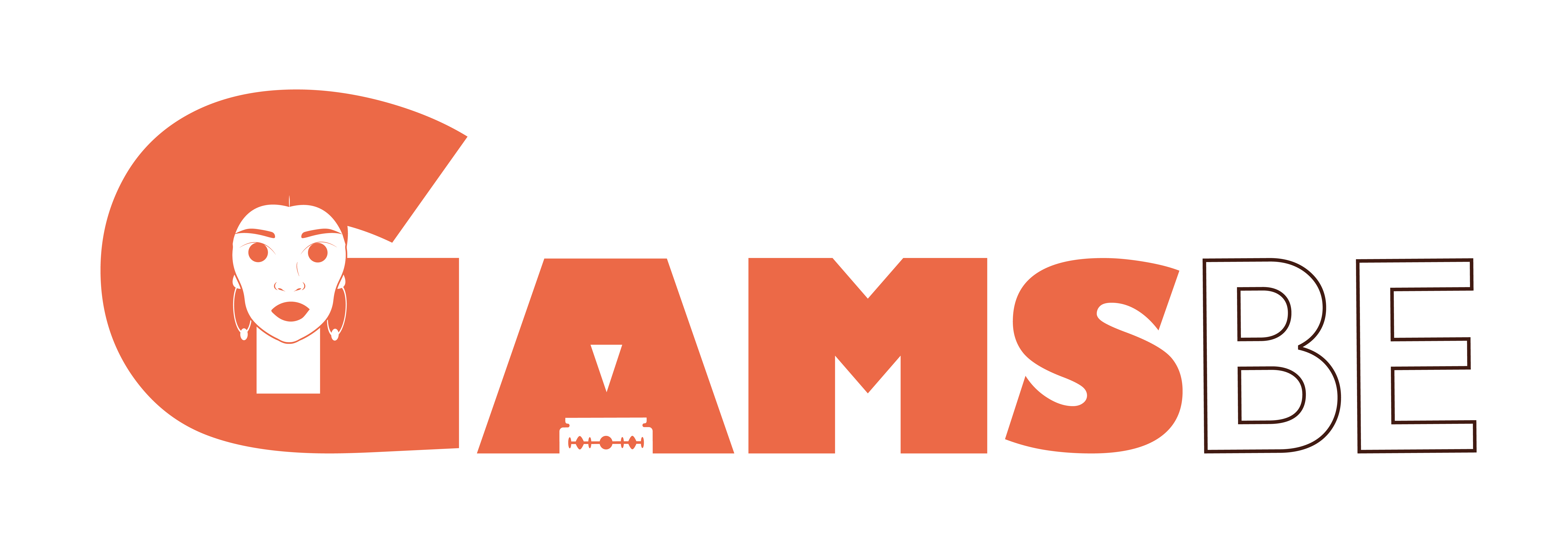RESEARCH
Prevalence studies
Since 2010, 4 prevalence estimation studies of Female Genital Mutilation (FGM) have been conducted in Belgium at the request of the Institute for Equality between Women and Men (IEFH) and the Federal Public Service (FPS) Public Health, Safety of the Food Chain, and Environment.

A prevalence study, what is it?
An estimation of the prevalence of girls and women who have undergone or are at risk of undergoing female genital mutilation living in Belgium.
These data are collected thanks to the collaboration of bodies such as the Directorate General of Statistics – Statistics Belgium), Fedasil – Agence pour une Vie de Qualité, Médecins du Monde Belgique – Dokters van de Wereld België, Opgroeien, ONE and CGVS/CGRA, Fedasil.
Download the prevalence studies
You can find our 4 prevalence studies in French here:
Methodology
These studies followed a two-step indirect method:
Step 1
Estimation of the female population originating from one of the countries concerned who lives in Belgian territory
Step 2
Application of the prevalence (by age group) in the country of origin to the population of girls and women living in Belgium
Prevalence studies in Belgium
Female population most likely to be circumcised or at risk of being circumcised, by province
AT 31 DECEMBER 2020
Sources : Statistics Belgium, ONE, Opgroien & Fedasil

East Flanders
2 845 girls or women concerned
At risk of being circumcised : 913
Probably excised : 1 932
West Flanders
3 109 girls or women concerned
At risk of being circumcisede : 1 006
Probably excised : 2 103
Antwerp
6 749 girls or women concerned
At risk of being circumcised : 2 523
Probably excised : 4 226
Flemish Brabant
2 621 girls or women concerned
At risk of being circumcised : 931
Probably excised: 1 691
Brussel
10 037 girls or women concerned
At risk of being circumcised : 3 406
Probably excised: : 6 630
Walloon Brabant
728 girls or women concerned
At risk of being circumcised : 235
Probably excised : 493
Hainaut
1 977 girls or women concerned
At risk of being circumcised : 607
Probably excised : 1 369
Namur
1 065 girls or women concerned
At risk of being circumcised : 339
Probably excised : 726
Liège
4 381 girls or women concerned
At risk of being circumcised: 1 478
Probably excised : 2 903
limburg
1 233 girls or women concerned
At risk of being circumcised : 417
Probably excised : 816
Luxembourg
714 girls or women concerned
At risk of being circumcised
: 208
Probably excised : 506
What is the purpose?
These research studies serve to assess the support needs of individuals affected by female genital mutilation (FGM) and to identify where these needs are most significant. As of December 31, 2020, we estimate that 23,000 excised women live in Belgium, and more than 12,000 minor girls born to women who have undergone FGM are at risk of experiencing female genital mutilation if no preventive work is undertaken.
We notice that over the years, Flanders is the region most affected by this issue. Indeed, according to the latest study, over 16,500 girls and women who have undergone or are at risk of female genital mutilation live in the Flemish Region, compared to nearly 10,000 in the Brussels-Capital Region and nearly 8,000 in the Walloon Region. This represents a 45% increase for Flanders compared to the year 2016. However, the financial resources allocated are lesser. These figures allow us to call upon the authorities to deploy resources to ensure the protection and support of excised women and girls in our country.
